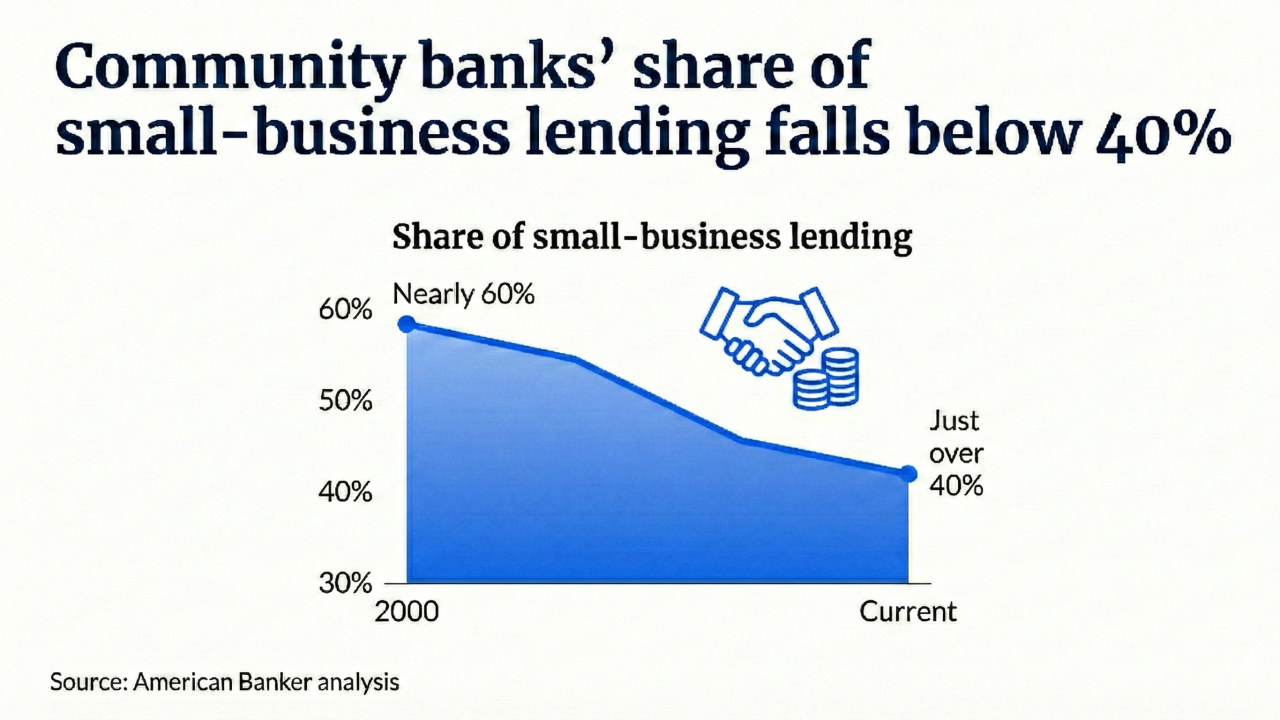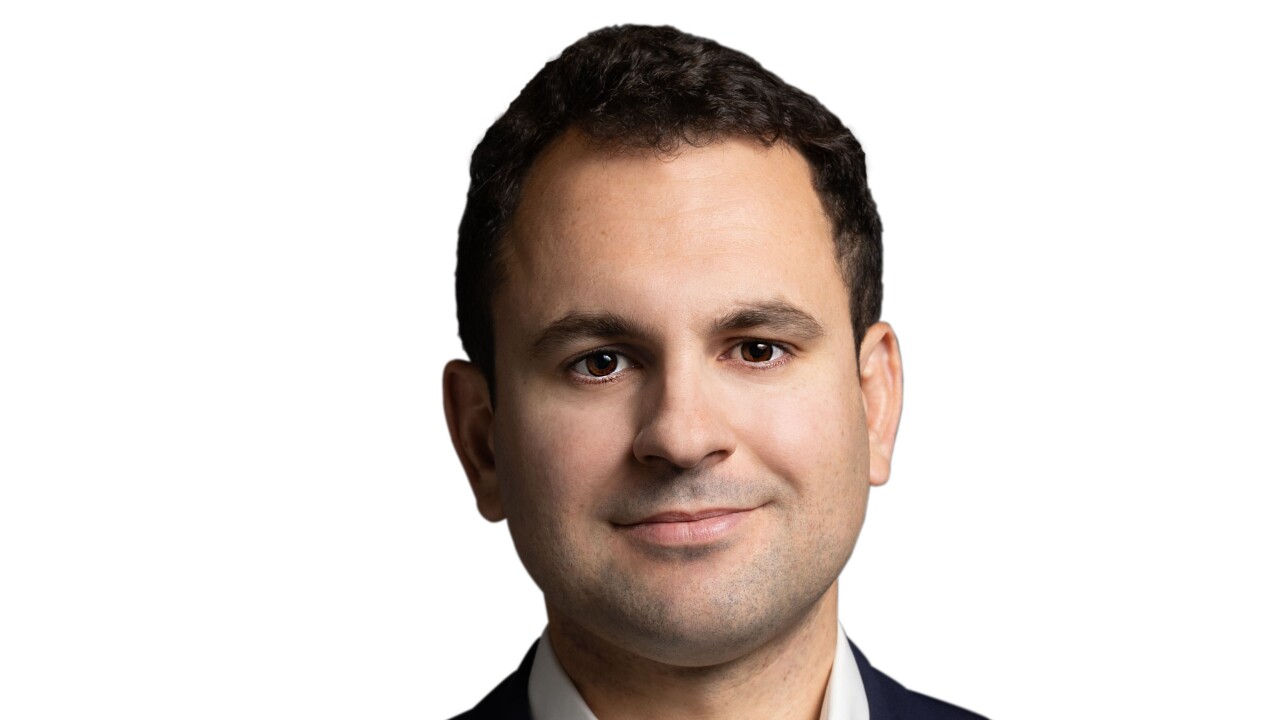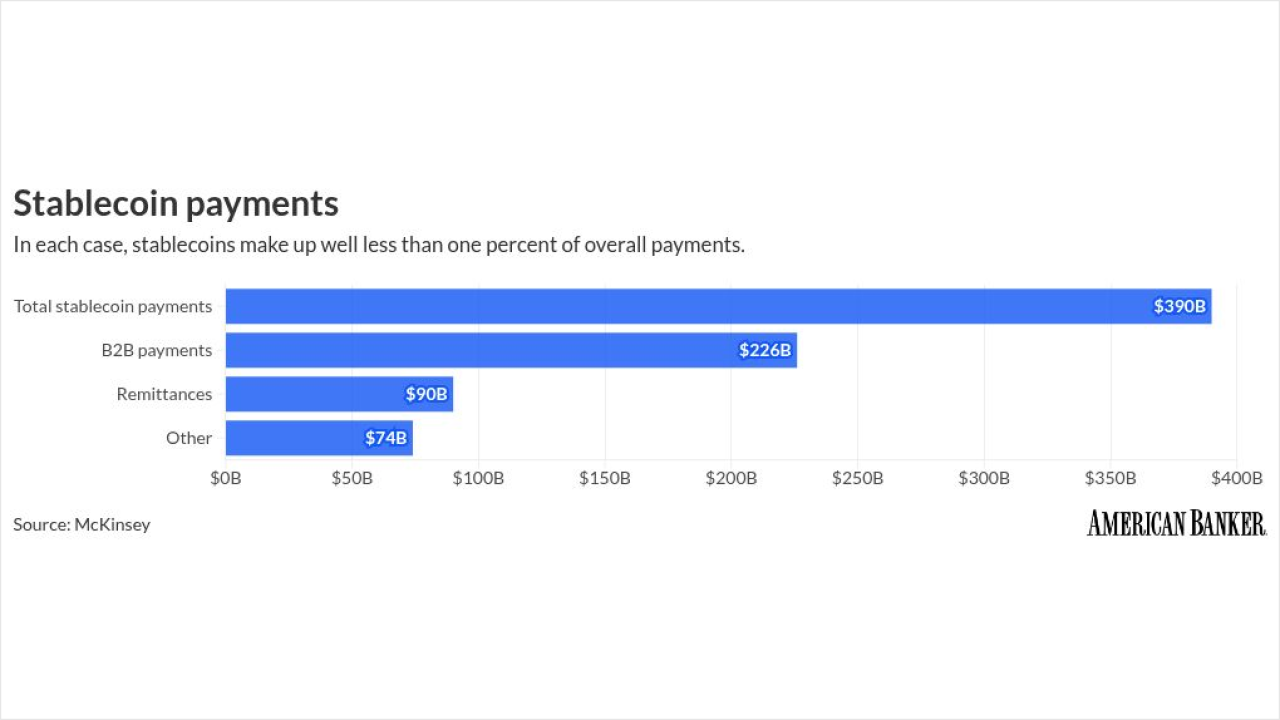Ira Magaziner, the senior White House adviser for policy development who has become President Clinton's point man on Internet commerce, said the government no longer intends to strong-arm the private sector into protecting consumers' privacy on-line.
Processing Content
In a conciliatory speech last week to more than 250 people attending the annual Washington conference sponsored by the newsletter Privacy & American Business, Mr. Magaziner said the government would "lobby" industry to make sure it respects privacy concerns.
The tone contrasted sharply with that of former Federal Trade Commissioner Christine Varney, who warned at the same meeting last year that if companies did not regulate themselves, legislation would follow and it would be "your worst nightmare."
The FTC's preference for self-regulation is not very different from Mr. Magaziner's, but the agency's patience has been tried longer. The commission began focusing on on-line privacy concerns in 1995.
David Medine, associate director for credit practices at the FTC, said Ms. Varney had been frustrated that businesses had failed to take action on the privacy front after promising to for two years.
Mr. Magaziner "didn't bring the stick out, but he hasn't been doing this as long as we have," Mr. Medine said in an interview.
Other observers perceived philosophical differences. Evan Hendricks, publisher of the Washington-based newsletter Privacy Times, said Mr. Magaziner "is a little more laissez-faire than the FTC."
D. Van Skilling, chairman and chief executive officer of Experian Inc., called Mr. Magaziner's remarks "refreshing."
Mr. Skilling said he shared the policy adviser's inclination that "the government's role primarily is to serve as a facilitator as opposed to a regulator."
Mr. Magaziner, embarking on a second career in the Clinton administration after his involvement in the attempt at health-care reform, presented a report in July outlining the administration's policy for promoting global electronic commerce.
The administration believes the private sector should lead in regulating electronic commerce, Mr. Magaziner said, because it recognizes "the government moves too slowly.".
The administration supports businesses in adopting "codes of conduct" and seals of approval that might certify that they and their Web sites adhere to certain privacy criteria.
Mr. Magaziner said the administration rejects the idea of appointing a "privacy czar" as a central regulator of on-line consumer protection. Such a move was broached at last year's Privacy & American Business conference.
But industry experts pointed out that the administration has not ruled out the possibility of appointing an overseer of privacy policy without specific regulatory powers. Currently, no government entity has centralized responsibility in this area.
"The ongoing discussions with the Europeans is the reason the administration will not rule out" a privacy czar, said Martin E. Abrams, director of privacy and consumer policy for Experian.
The European Union's 1995 Data Protection Directive, which goes into effect in October 1998, could prevent U.S. companies from doing business in European Union countries if authorities there deem the U.S. data protection system to be substandard.
Privacy experts believe the administration will make its decision on establishing a regulatory office after President Clinton reviews the findings of a paper due on his desk by July 1. The paper will be produced by Commerce Secretary William M. Daley, who will report on private-sector efforts to ensure Internet privacy.
If the report concludes the private sector is deficient, the president will likely ask Mr. Magaziner to provide recommendations. Mr. Magaziner has already approached the Bankers Roundtable's Banking Industry Technology Secretariat to play a role in creating security standards for international financial transactions.
Meanwhile, the FTC is planning what it calls a "sweep" of Internet Web sites in March to evaluate their privacy policies and how well they are communicated. The FTC will deliver a report to Congress in June on its findings.
The commission may also rule by June that companies have been given enough time to adopt consumer privacy policies, agency officials said.
When Mr. Medine asked several industry executives in a panel discussion how long they thought the FTC should wait before it exercises its authority as a regulator, the consensus was six months.
"We have to see substantial progress, and we are trying to get across to business that it needs to speed up what it's doing," Mr. Magaziner said in an interview.
While Mr. Magaziner did not emphasize the threat of government intervention, other speakers at the conference did, including Rep. Bruce Vento, D-Minn.
"I support government intervention and involvement, but we don't need to be in front setting the course," Rep. Vento said. "Self-regulation has been a moving target. There are some areas where you need the federal government."
Rep. Vento was asked by a member of the audience whether he would reconsider his position on legislation if the FTC reports to Congress in March that 80% of the companies it surveyed had an Internet privacy policy in place.
"Privacy policies are helpful," he replied, "but I would still say, 'What can I do as a lawmaker to help?' Twenty percent of companies (without a policy) is still a lot."
Laws or regulations about on-line privacy would boost consumer confidence and foster electronic commerce, Rep. Vento said. "Privacy concerns are keeping consumers away from the Internet."
Mr. Hendricks of Privacy Times agreed. He supported the appointment of a "privacy czar," saying consumers need to know there is an authority to whom they can turn with problems. Creating such an office would give consumers the confidence they need to conduct business on-line, he said.
Mr. Magaziner "has it all backward," Mr. Hendricks said. "There is not enough consumer confidence for electronic commerce to take off the way he predicts it will."





